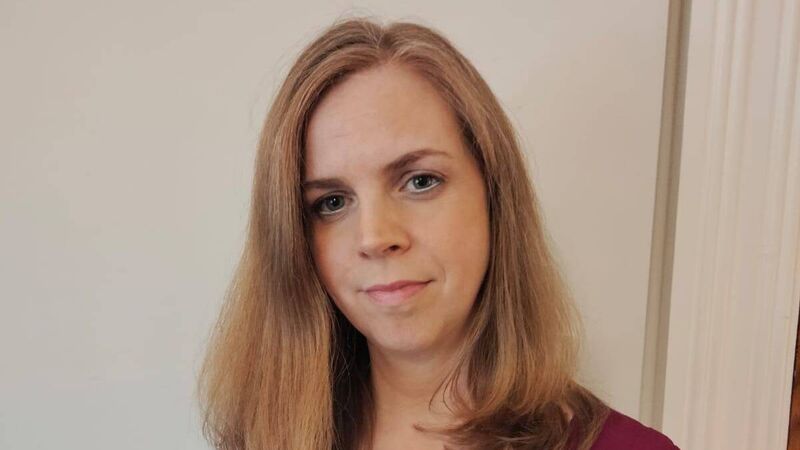'On the plane I realised that I was not even in the same country as my son': Woman's harrowing abortion journey

Allison Lynch was forced to travel for a termination in 2019 when her baby son, conceived through IVF, developed a series of conditions.
Allison Lynch was forced to travel for a termination in 2019 when her baby son, conceived through IVF, developed a series of conditions.
"All was fine until 25 weeks when multiple abnormalities were found, and it was a huge shock," she said.










